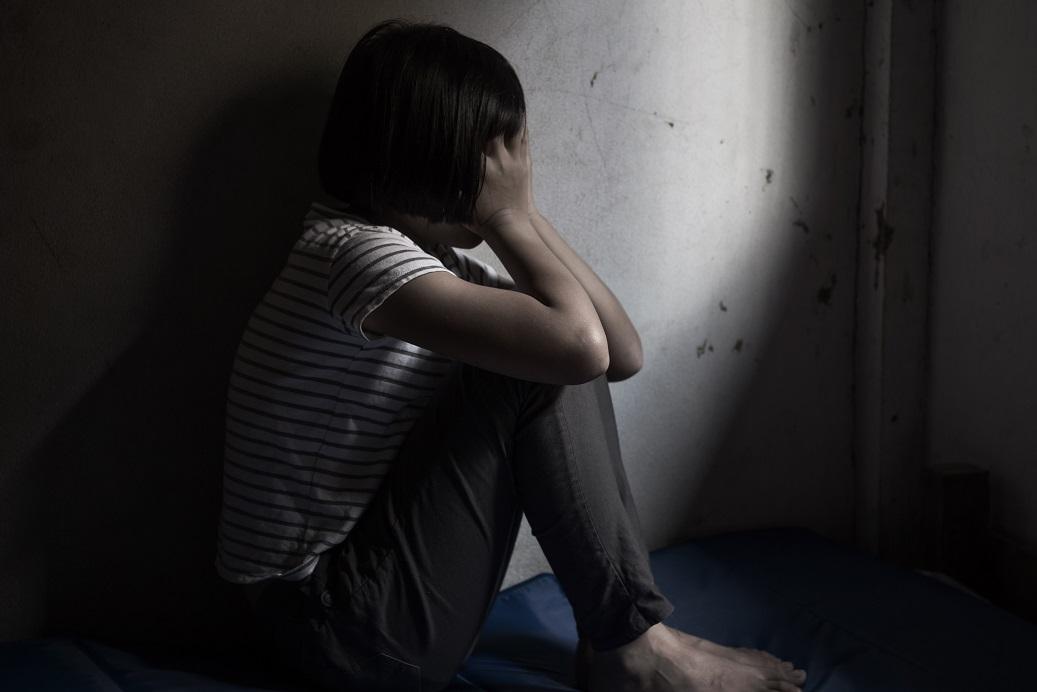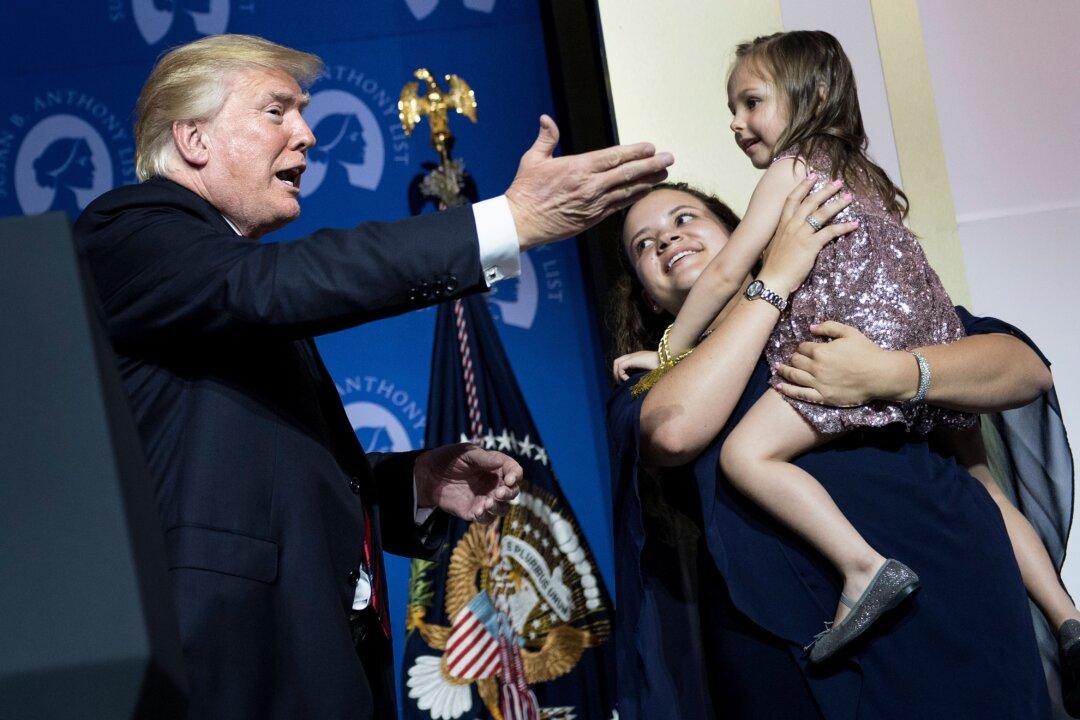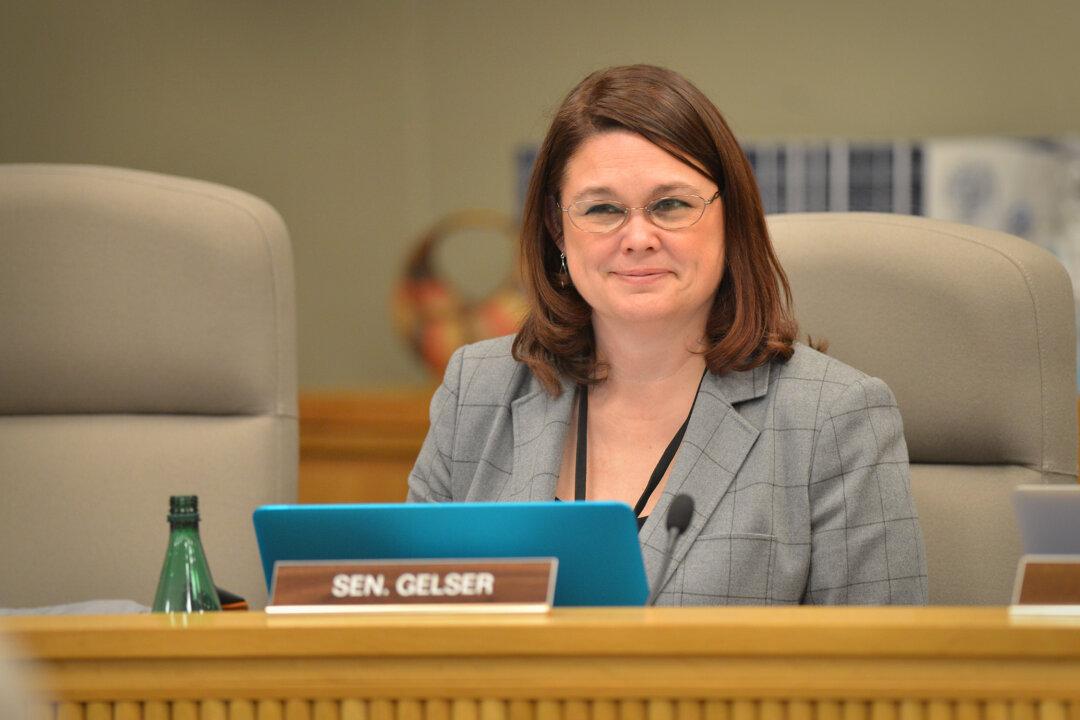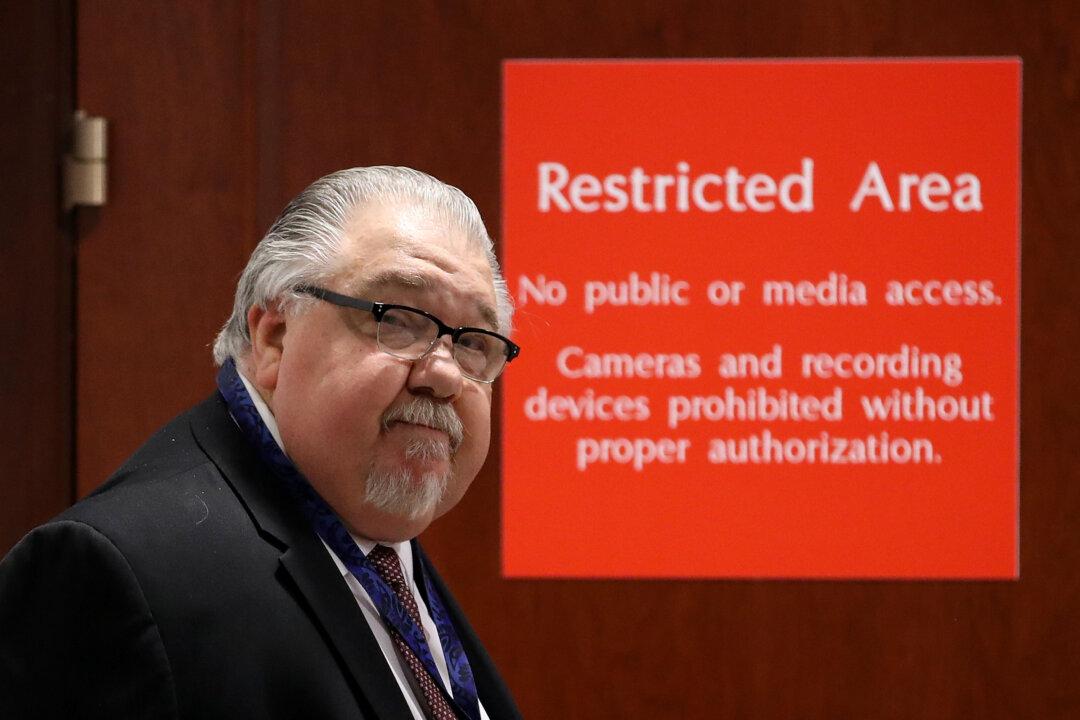A woman who worked for a private contractor for Arizona’s Department of Child Safety (DCS) that transported foster children to and from their parental visits has decided to speak out about DCS after enduring a gag order from a juvenile court judge.
Beth Breen defied the order in granting an interview with the Northwest Liberty News online program.




